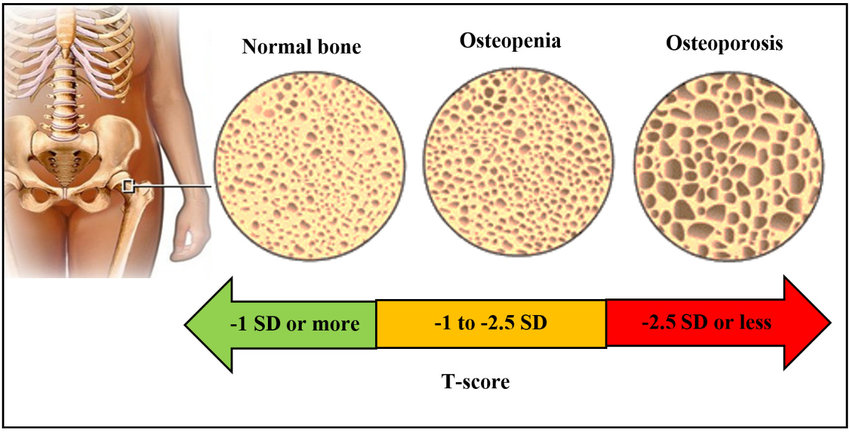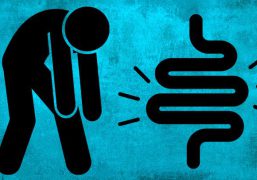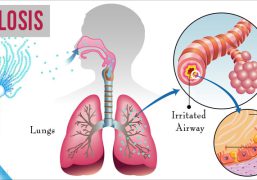Osteopenia
Osteopenia is a condition where bone mineral density is lower than normal, but not low enough to be classified as osteoporosis. Here are some ways to manage osteopenia:
- Calcium and vitamin D: Adequate intake of calcium and vitamin D is important for maintaining bone health. Calcium-rich foods include dairy products, leafy greens, and fortified cereals. Vitamin D can be obtained through sunlight exposure or supplements.
- Exercise: Regular exercise, especially weight-bearing and resistance exercises, can help maintain bone density and strength.
- Medications: Prescription medications such as bisphosphonates or hormone replacement therapy may be recommended to slow bone loss and reduce fracture risk.
- Fall prevention: Falling is a common cause of fractures in people with osteopenia, so taking steps to prevent falls, such as removing tripping hazards, using handrails, and wearing appropriate footwear, is important.
- Lifestyle changes: Quitting smoking, limiting alcohol intake, and maintaining a healthy weight can all help reduce the risk of osteopenia progressing to osteoporosis.






